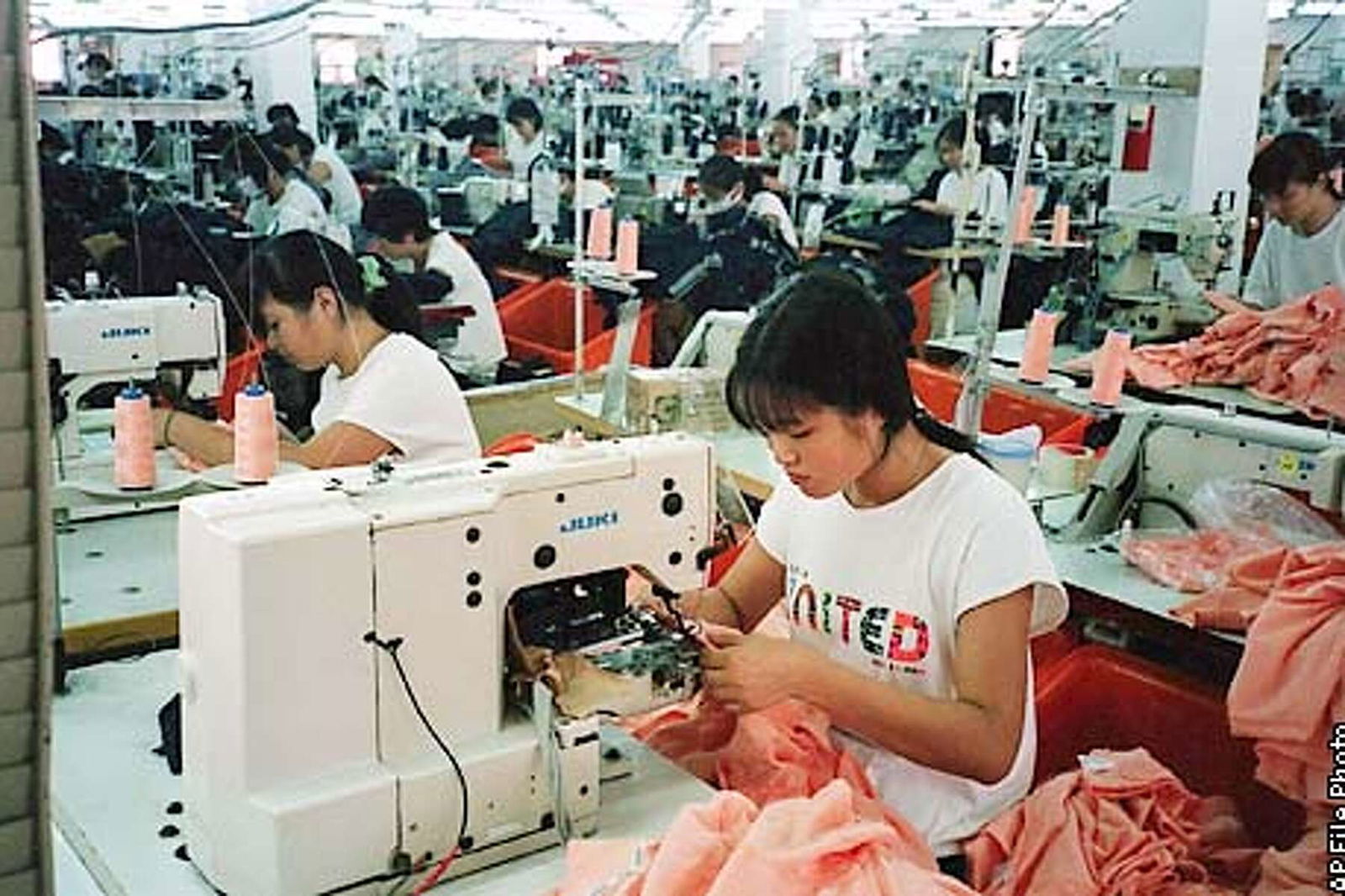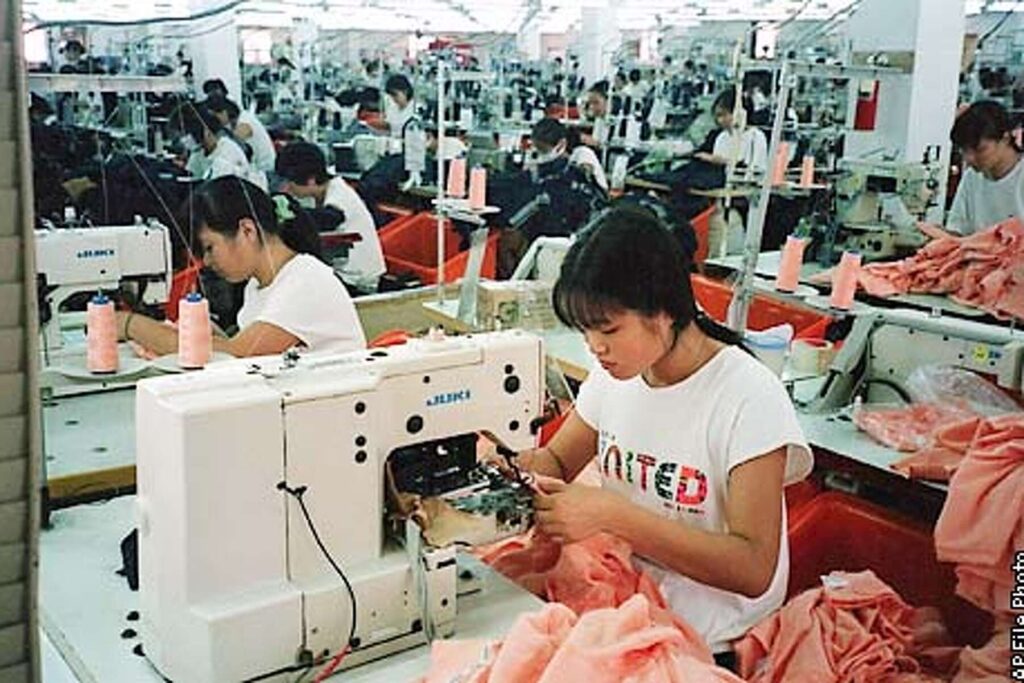THERE was a time when CNMI leaders appeared before the U.S. Congress to report about the islands’ reduced need for federal funds.
On Feb. 6, 1990, the NMI’s newly sworn in Washington representative, Juan N. Babauta, told the U.S. House Subcommittee on Insular and International Affairs that the proposed federal funds that would be provided to the Northern Marianas “represent a continuing decline in the reliance of our government upon federal funds for day to day operations. Let me point, too, that this is a declining reliance both in actual dollar amounts and as a percentage of our total budgetary requirement.”
The Republican Wash rep said this “declining reliance upon federal funds would not be possible except for the tremendous growth in tourism from Japan to the Marianas over the last five years. Since 1985 our local revenues have almost tripled.”
The Republican administration of Gov. Larry Guerrero, for its part, said the CNMI’s economic growth rate “continues to indicate a strong and steady upward trend…. The Gross Islands Product (GIP) of the preliminary GIP for 1989 is estimated at 490.3 million (1989 dollars). Adjusting the GIP to constant 1975 dollars indicates an increase from $40.6 million to $243.4 million in GIP or a 450 percent growth for the thirteen year period.”
Moreover wages and salary incomes “are steadily increasing in the Commonwealth. In 1989 wages and salary earners in the CNMI reported a total of $180.3 million in income. This represents an increase of 739 percent over the 1975 figure of $21.5 million. The number of persons, residents and nonresidents, reporting wage and salary income has increased from 6,158 in 1975 to 19,265 in FY 1989.”
The CNMI “has been successful in establishing a sound stable government, equitable tax system, and economic climate attractive to private sector investors resulting in excellent development and growth” — as well as reduced dependency on federal funds: from 66% reliance in 1978 to 15% in 1989.
The CNMI also promised to “reduce the size of government,” and although “there was an increase in the size of government [it] was due primarily to the cost of buying medical equipment and the high cost associated with recruitment of medical doctors from the United States.”
The young Commonwealth enjoyed, more or less, cordial relations with the U.S. Congress…until Saipan’s garment factories started taking a sizeable chunk of the U.S. garment market. In July 1992, the U.S. House Subcommittee on Insular and International Affairs conducted a hearing on the Northern Marianas again, and this time U.S. lawmakers focused on what they called the NMI’s “controversial” garment industry. The hearing was requested by U.S. lawmakers from states with garment factories.
Teeny weeny NMI, unknowingly, had declared war against a sizeable power bloc in the U.S. Congress.
The American garment manufacturers had cut straight to the point. One Virginia factory owner told Congressman George Miller, chairman of the House Committee on Insular Affairs in a one-page letter: “We are, today, experiencing a direct loss of business as a result of imports from Saipan. To add insult to injury, these apparel items…carry a ‘Made in USA’ label. [W]e urge the Committee…to take remedial action to protect U.S. wage earners and consumers from the flagrant disregard for our domestic industry….”
Also providing testimony were statesiders residing and/or working in the NMI. They complained about the “appalling living and working conditions” of all guest workers and not just the garment workers.
Bruce Yandle, a former U.S. government economist, has a theory of economic regulation he calls “Bootleggers and Baptists.” He was referring to the Baptists who, back in the day in many parts of the U.S., called for “Sunday closing laws” which restricted the sale of alcohol. Bootleggers supported such laws because “they sold alcohol illegally, and got more business if legal sales were restricted.”
Yandle said “ ‘Baptists’ point to the moral high ground and give vital and vocal endorsement of laudable public benefits promised by a desired regulation. ‘Bootleggers’…expect to profit from the very regulatory restrictions desired by Baptists….”
And what was the favored “solution” to the U.S. garment factories’ inability to compete with their Saipan counterparts? The extension of federal minimum wage and immigrations laws to the NMI. Back then, the main proponents of federalization were U.S. Republicans who were in the minority in both houses of Congress. They had not held the majority in the House since 1953.
What gave the CNMI more time to “fix its house” was the election, in Nov. 1993, of a reform governor — a Democrat no less — who vowed to address local labor and immigration problems in close cooperation with federal authorities.
“The vast majority of our employers are decent people, who treat their employees well,” he told U.S. senators in 1994, “but there is a significant and persistent pattern of abuse and corruption that cannot be ignored.”
He added, “In the past, the CNMI government responded to congressional complaints about immigration and labor with anger and denial, followed by defensiveness and grudging cooperation. Not anymore.”
The “Baptists” loved Gov. Froilan C. Tenorio.
And then the unthinkable happened. In Nov. 1994, U.S. Republicans picked up eight seats in the Senate and won 54 in the House. They now controlled Congress. And “they” included House members who wanted to federalize CNMI minimum wage and immigration laws.
Send feedback to editor@mvariety.com

Workers at their sewing machines on the main assembly floor of the United International Corp garment plant in Saipan, Dec. 15, 1997.











